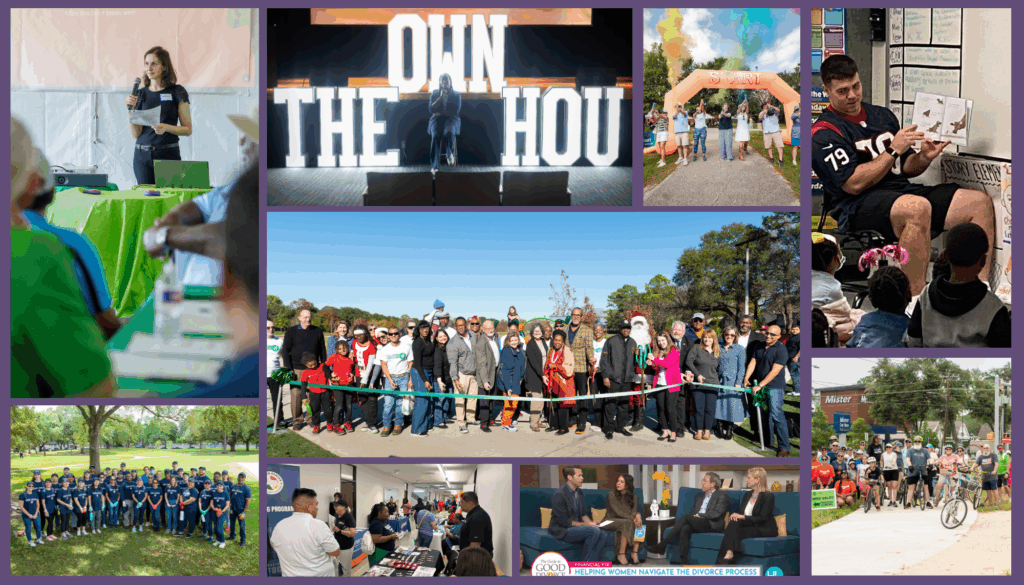In part one of our series on event communications, we discussed the function of media relations, digital media and employee communications to draw and engage a crowd. In part two, Elmore strategists offer additional considerations for event outreach, including how to prepare for a crisis during your event.

Grassroots:
Grassroots promotion leverages partners and peer organizations to help spread the word in a way that feels natural and trusted. To make it easy for them before the event, consider creating a “partner toolkit” with ready-to-use posts, graphics and exclusive behind-the-scenes content or sneak peeks. Give each partner a unique promo code or trackable link so they can personally invite their communities. During and after the event, encourage them to share highlights, live updates and recaps. When partners feel like they have special access and a way to personalize their outreach, they’re more excited to promote — and their audiences are more likely to engage. -Kristy Callaway
Ad Buys and Trades:
Securing ad buys or trade agreements can be a powerful way to connect with your target audiences. Paid placements let you target key audiences with customized messaging, especially in areas that may be impacted by your event. Plus, ad buys give you a level of control over the timing a segment or interview airs, helping you make the most of your promotional window. -Skylar Smith
Influencer Marketing:
Before an event, identify influencers who resonate with your target audience and reach out with a clear, thoughtful ask to build authentic excitement and anticipation. During the event, amplify key moments by sharing posts of the event from participating influencers and cross-promoting their content to extend reach in real time. Afterward, continue highlighting influencer content to showcase successes and maintain momentum. A simple thank-you note after the event goes a long way in nurturing influencer relationships for future collaborations. -Murphie Mendez
Communicating During an Event Crisis:
The best way to avoid a crisis or to be ready when it happens is to make sure you have your plan locked down in advance. Consider who needs to be on the team for navigating a crisis, keep that team lean to move quickly, and make sure each person has a list of the team’s contact information. Consider the sequence of who needs to informed and when, and determine the potential situations that may create an issue for the event and your organization. Have key messages pre-drafted in an easily accessible document so you can distribute information timely. Managing a crisis situation is never fun, but it doesn’t have to ruin the event if you’re ready to navigate it. -Jennie Roberts
Post-Event Communications:
Maximize publicity with a comprehensive post-event press release that highlights key moments and, if applicable, funds raised, making it easy for journalists to incorporate into their coverage. If a gala or fundraising event, send photos to society reporters. For all events, send a follow-up email to supporters and create engaging social media content to extend the event’s reach well beyond those in attendance. -Delicia Harvey
Do you have an event coming up that could use extra promotion? Elmore can help! For more than three decades, our skilled team has employed these strategies (and others) to tailor campaigns for maximum impact. See examples of past event communications campaigns here, and reach out to learn how we can bring visibility to your organization’s important moments.

